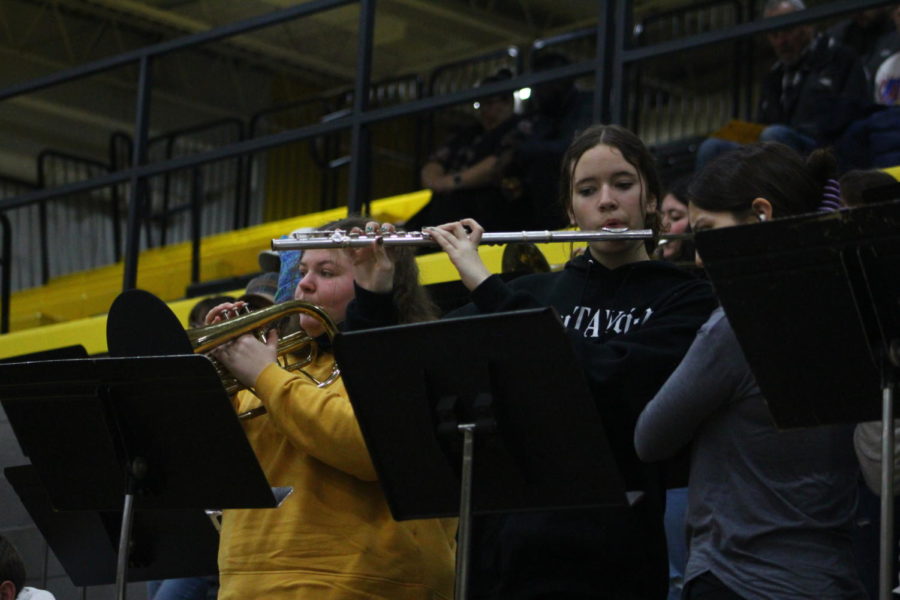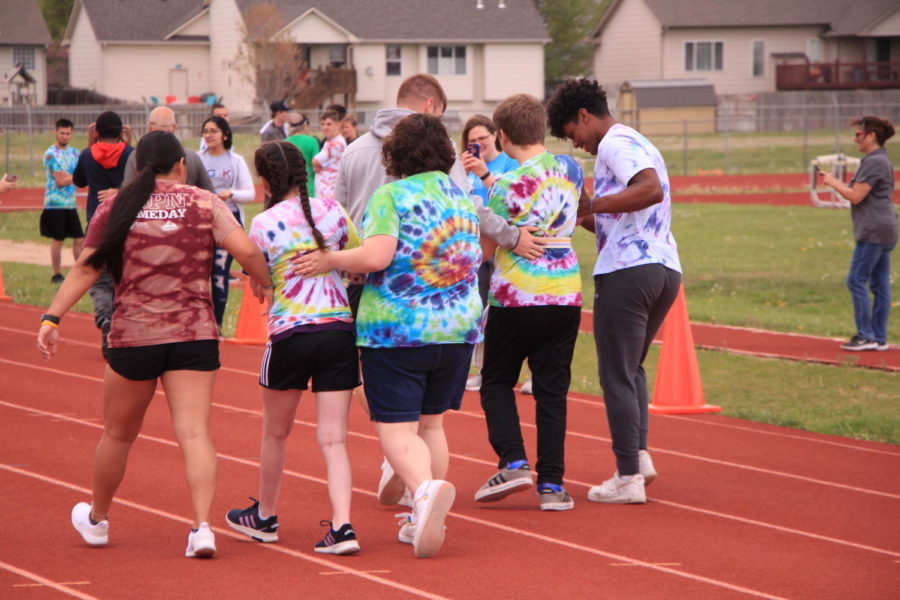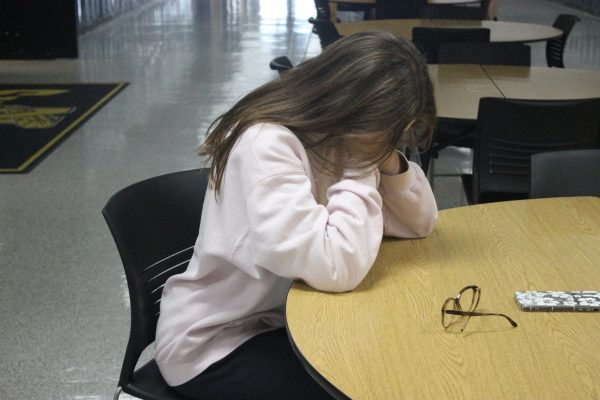Ann Pomeroy Senior Opinion: Journalism Matters
May 25, 2022
Looking back on these past four years of high school, there is very little I would change. Each day, I live with the philosophy that, ‘these are the days we’ll remember’ and to, ‘die with memories not dreams.’ I can proudly state that I stood up for my beliefs, whenever I saw fit, and did not let authority status or intimidation turn me, or my staff down.
Being a student journalist you are given the privilege to represent and document the narrative of your high school experience. You are able to differentiate the good, bad, ugly and everything in between. You have the right to timely document your school’s activities and events but additionally discuss topics with the student body that may be controversial.
One can infer the importance of journalism as the founding fathers deemed freedom of the press so important that they established its rights in the First Amendment. Additionally, Frederick Douglas states in 1860 that, “To suppress free speech is a double wrong. It violates the rights of the hearer as well as those of the speaker.”
In the 1969 U.S. Supreme Court case of Tinker v. Des Moines Independent School District, the 7-2 decision declared that neither students nor teachers shed their constitutional rights to freedom of speech or expression at the schoolhouse gate. Meaning that as long as one’s speech is not libelous, obscene, an invasion of privacy or substantially disruptive to the school environment it cannot be prohibited in the school setting.
While the Hazelwood v. Kuhlmeier U.S. Supreme Court case of 1988 sides with the principal in the 5-3 decision granting administration the right to edit articles deemed inappropriate or slanderous on the school’s behalf; it only gives administrators the right to censor in limited situations of educational concern. The case, as directly stated on the Kansas Scholastic Press Association’s website, constrains student free expression rights.
As a direct response to the Hazelwood case, Kansas students and teachers lobbied for state law protecting student journalism. The Kansas Governor at the time, Joan Finney, signed the Kansas Student Publications Act of 1992 into law, which protects free expression in Kansas Schools. This act gives Kansas Public School students some of the strongest free speech rights in the United States. While the federal government established minimal rights that students have in school publications, the State of Kansas is free to grant additional rights, which it does.
“The liberty of the press in student publications shall be protected […],” the act states. “Material shall not be suppressed solely because it involves political or controversial subject matter.”
The act specifically defines the role of students, advisers and administrators. Students must lead with the understanding that they may be civilly or criminally responsible for what they publish, meaning they must back their publications with their whole heart. Referencing advisers, they are responsible for teaching and encouraging free expression, they are safe from termination, transfer and firing for refusing to censor protected expression. Meaning that ultimately, it is the advisers duty to teach the law of the land and support their students in their endeavors. Administrators are given the right to use prior review to keep high standards of English and journalism. While prior review can be legal at the high school level, prior restraint is limited directly by the First Amendment.
When I say my farewell to the halls of NHS, I sincerely hope the standard and practice of journalism that confronts difficult situations to educate our students stays in place. It is your duty as not only Kansas students, but Railers to help your peers in the continued establishment of high standard journalism. Encourage the staff to break barriers for the greater good and assist in reassuring advisers and administrators know the legal practices of student press protected by the United States as well as Kansas alone. Encourage change whenever possible, seek to know the truth in all situations and above all be a part of the narrative you want to leave behind.




















